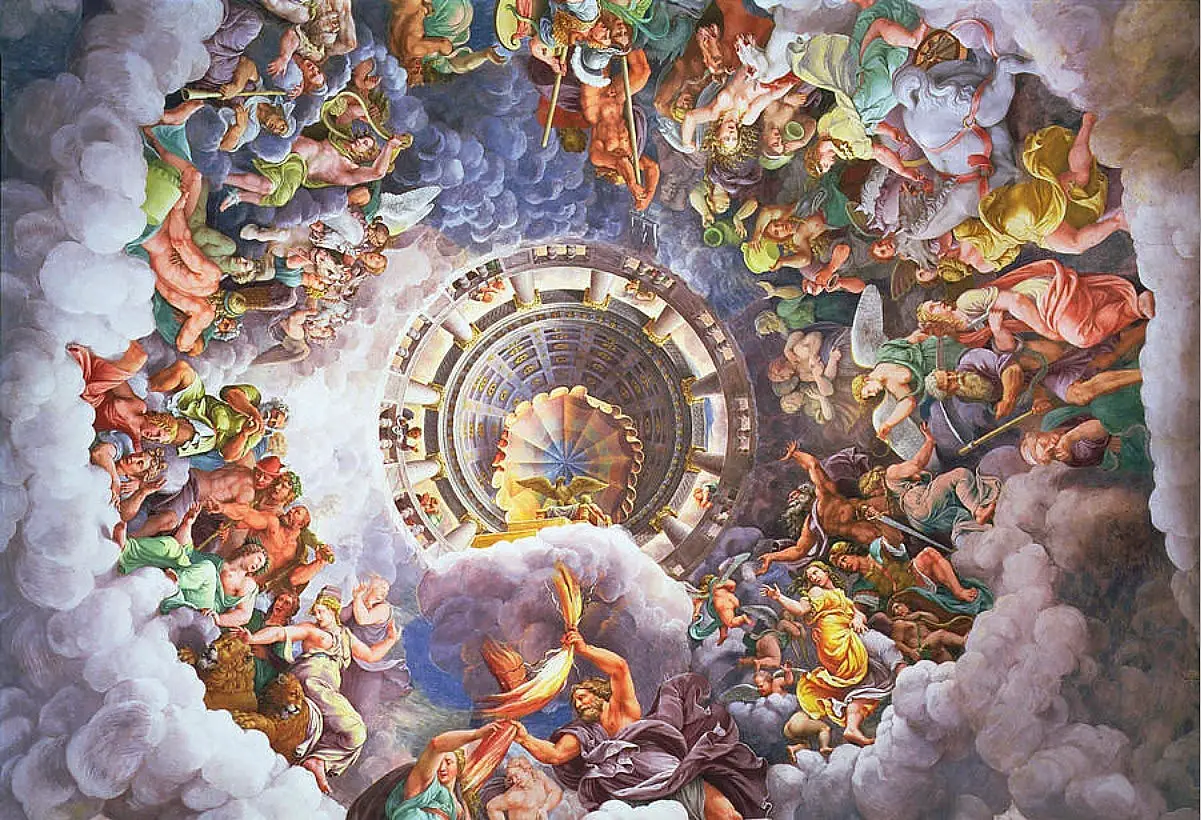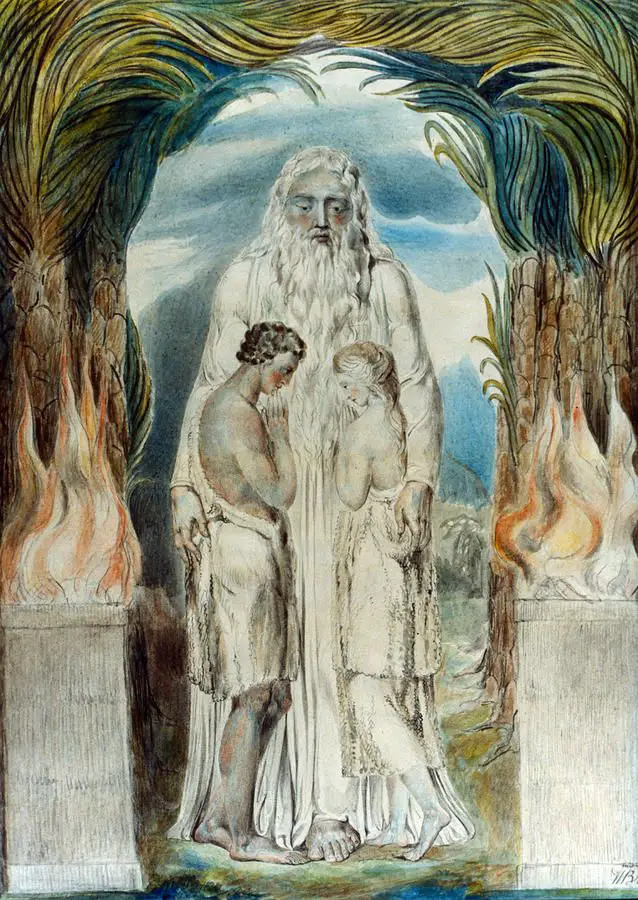Tag: Ovidio
Of Solstices and Apocalypses: of Saturn and the Golden Age
Solstitial and "apocalyptic" annotations on the celebration of Christmas and the end of the Year, on the archaic doctrine of the "gates" of the Cosmos and of the Year and on the eschatology of the ancient Sidereal Religion, passing from the Greco-Roman tradition to the Hindu one the Christian one.
The Second Half of the Paradise Age: Some Preliminary Concepts
In this new appointment of the "Manvantara" cycle we pass to analyze the passage between the first Great Year and the second and, consequently, the 'fall' in form and time and the separation of the two principles male (Adam) and female (Eve) .
Anna Perenna and the source of the eternal return
Metamorphosis and ritual battles in the myth and folklore of the Eurasian populations
di Marco Maculotti
The zoomorphic metamorphosis topos is widely present in the folkloric corpus of a large number of ancient traditions, both from archaic Europe (on which we will focus mainly in this study), and from other geographical areas. As early as the fifth century BC, in Greece, Herodotus mentioned men capable of periodically transforming themselves into wolves. Similar traditions have been documented in Africa, Asia and the American continent, with reference to the temporary metamorphosis of human beings in fairs: bears, leopards, hyenas, tigers, jaguars. Sometimes, in some historically documented cases of the ancient world (Luperci, Cinocefali, Berserker) "The paranormal experience of transformation into an animal takes on collective characteristics and is at the origin of initiatory groups and secret societies" (Di Nola, p.12).





